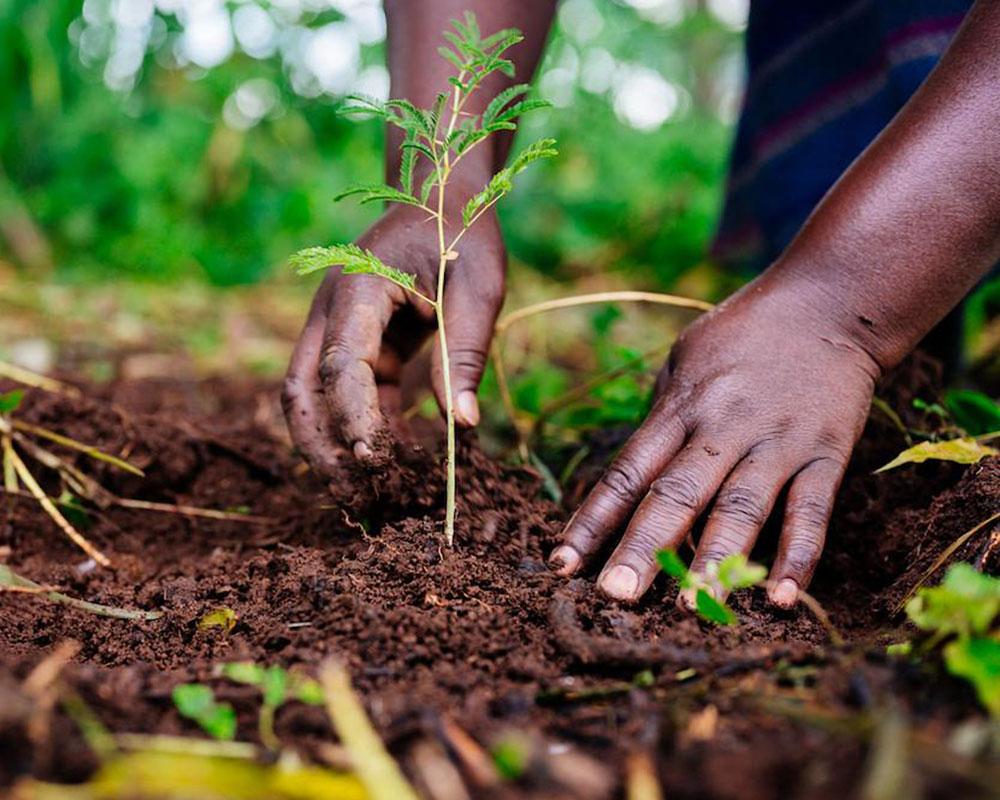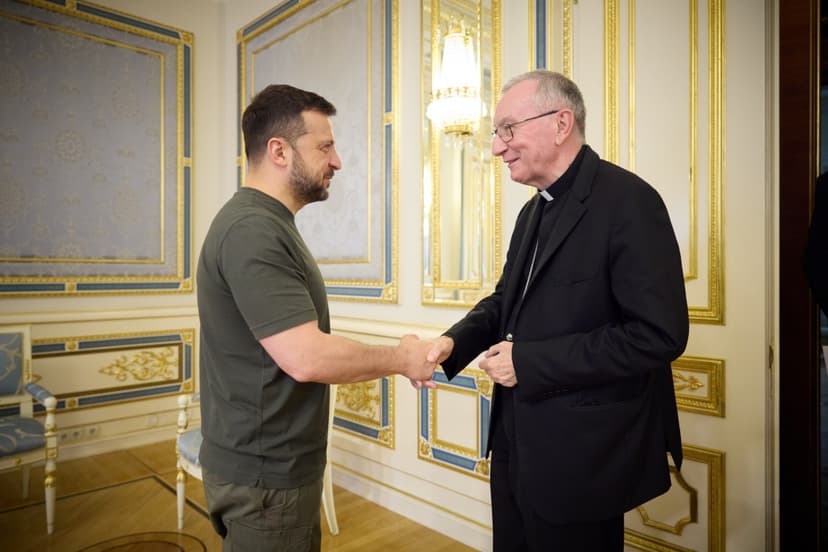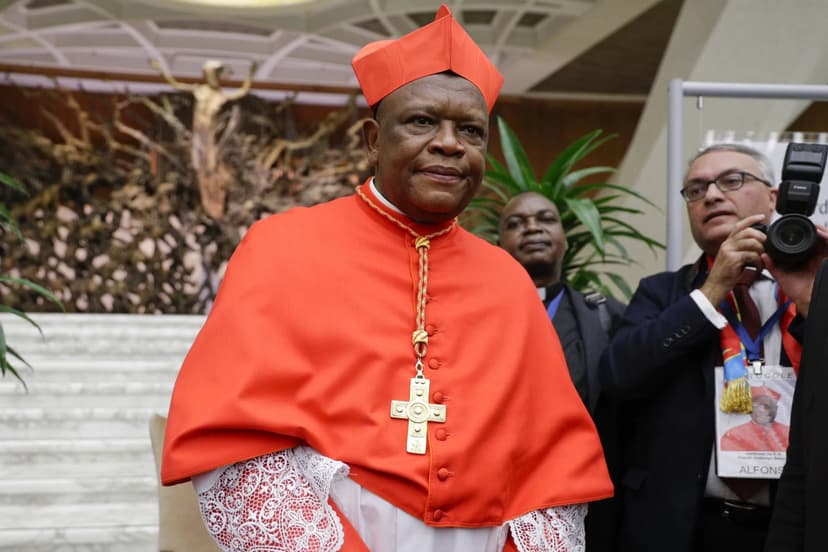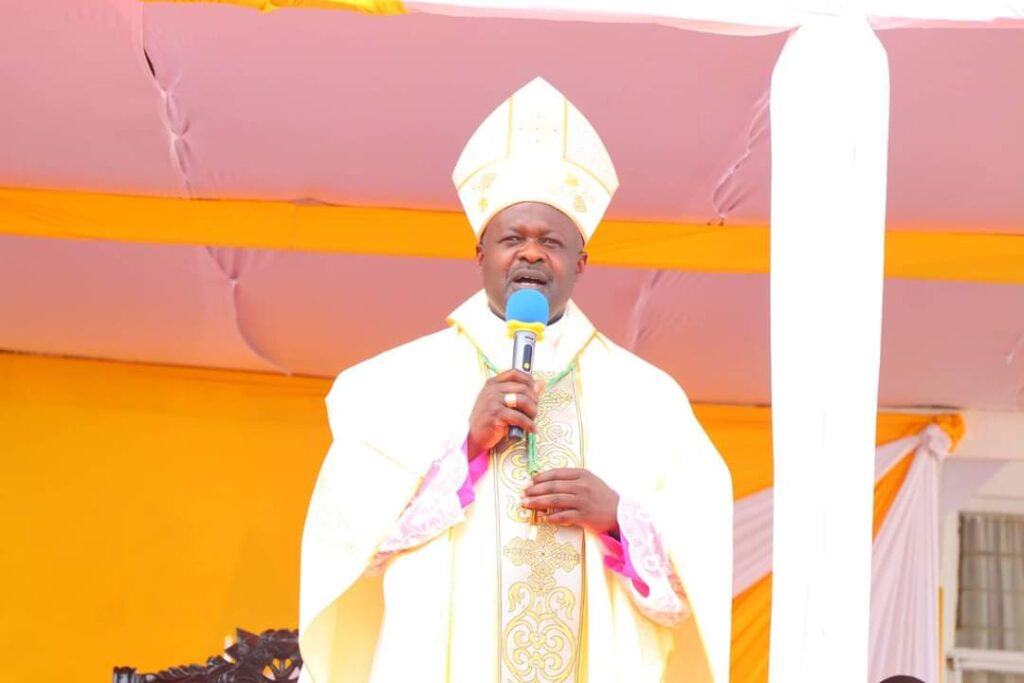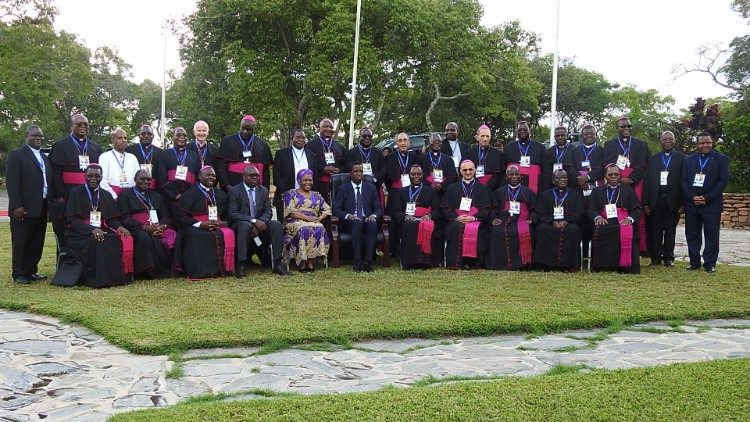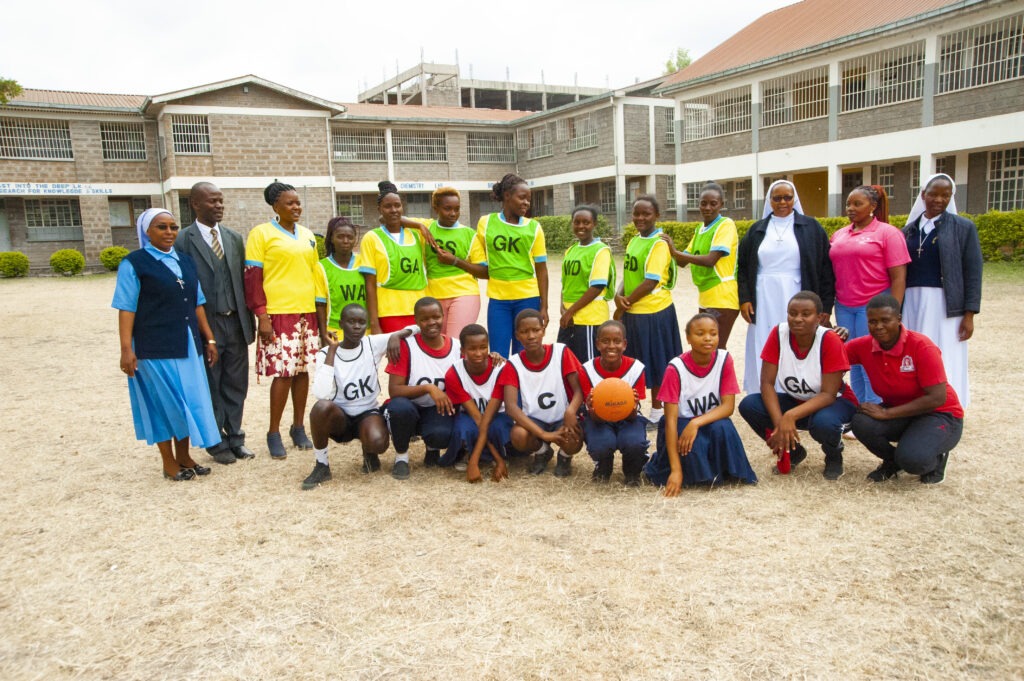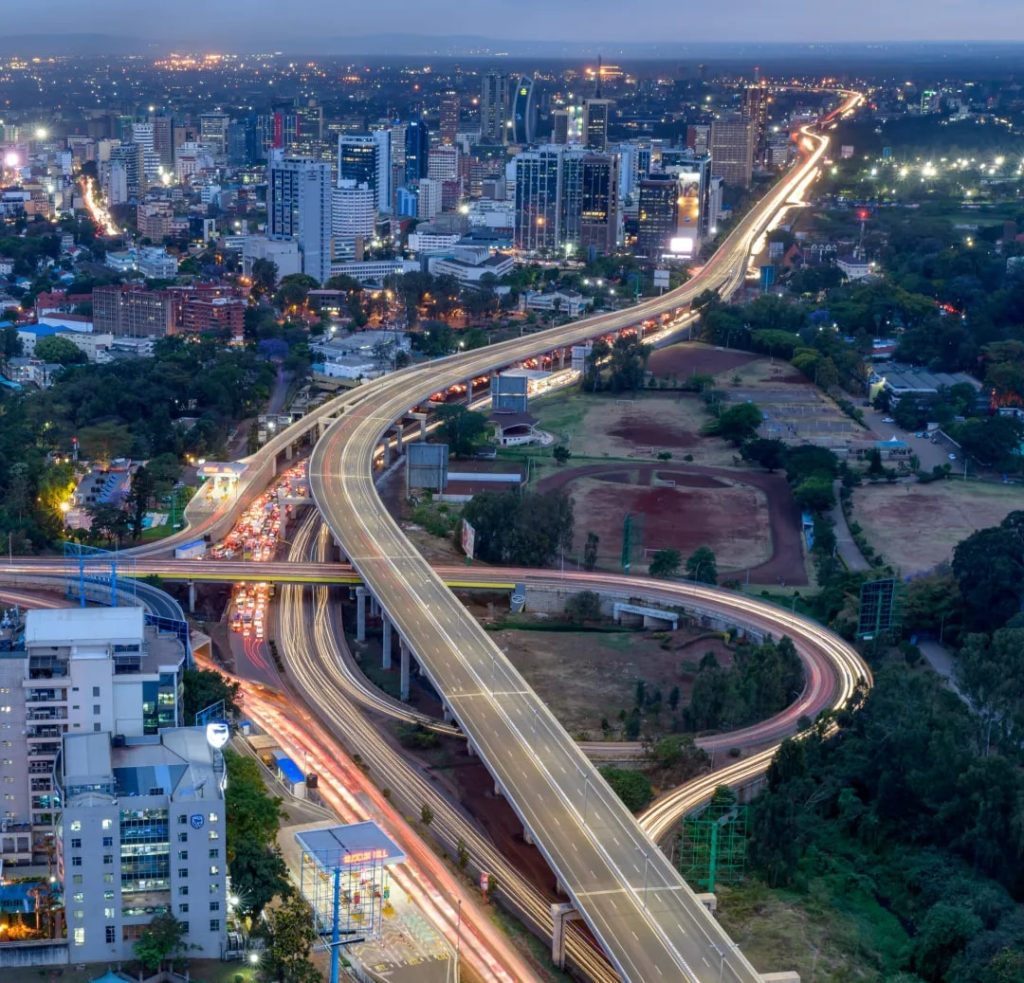The youth are inherently energized for change. No wonder, history is dotted with episodes of young people’s protests that forced positive and substantive societal changes. Our times cannot be different. Understandably, old people will not take the lead in bringing about the desired changes in both the church and society. One place where youth activism is needed most today is in the care for our Mother Earth.
By Fr Peter Knox, SJ
I am so struck by the example of Greta Thunberg and countless young people around the world, who are protesting with all they have got, for changes to the way we are treating our planet. A fifteen-year-old semi-autistic Swedish girl was so shocked when she heard about the damage that her parents’ and grandparents’ generation were doing to the Earth that she felt she had to do something. What could she do apart from protest? And this she did outside the Swedish parliament every school day, protesting against the government’s inaction on the climate crisis. She was joined by several other students, and showed their activism on social media. After three weeks, the protests were reduced to Fridays only, and now the “Fridays for Future” protests have participants around the world.
Young people are impatient for change. They realise the urgency, and cannot just sit on their hands and wait for the older generations to start moving in emergency or crisis situations. Older generations are more likely to be interested in certain ways of life, in a rut, or unable to imagine alternative ways of doing things. Younger people are often more creative, undaunted by the apparent obstacles to change, and eager to get things done – differently.
Heroic youth action
On 16th June1976, school children in Soweto, South Africa, tired of waiting for their parents to make significant changes to the apartheid system of racial segregation and sub-standard services for the majority of citizens, took to the streets, protesting particularly against the inferior education they were receiving. These student protests spread around South Africa as children were fed up with being second-class citizens in their own country. They were no longer prepared to accept education designed to restrict them to lives of servitude and poverty. Of course, the student protests unleashed a vicious backlash from the government of the day, and many school children were killed or detained, while others went into exile, which lasted for many years. In the meantime, students continued to demonstrate against their unjust treatment, and slowly the government was pressured into changing the education system in their favour, although throughout the years of apartheid, it remained inferior to the education given to children of other races.
This is a good, although tragic, example of how youth activism can make a difference. Sadly, many children were dragged into ‘politics’ too young, and their education suffered irreversibly. At one stage, it was common to call them the “lost generation,” but this term does not acknowledge the enormous sacrifice they made so that their age-mates and following generations of students might have an education worthy of the name.
Inspired by Mary
In his letter to young people for World Youth Day 2022-2023, Pope Francis encourages young people to “Arise and go with haste…” to care for other people, as Mary went to care for her relative, Elizabeth. After hearing the Annunciation from the archangel Gabriel that she was about to become the mother of a child, the young Mary could have remained shell-shocked and paralysed as she realised that all of her modest life’s plans had just been changed in an instant. Naturally she was worried and fearful. But Pope Francis observes how she arose and took the “path of proximity and encounter’ not remaining turned in on herself and her own shocking news. She went closer to her relative, “Elizabeth, in her old age” and cared for her as she prepared for the birth of John the Baptiser, Jesus’ cousin.
Caring for our Mother Earth
Pope Francis says that Mary should be an example for us not to be self-absorbed, or devastated when earth-shattering news comes our way. Like Mary, we can turn our attention outward and care for others. In his encyclical Laudato Si’ on Care for our Common Home, Pope Francis has got us used to thinking of “the Earth, Our Mother.” If we do not have a particular relative or neighbour in need of our immediate and competent care or companionship, then we can urgently arise and get our hands dirty in caring for the Earth, Our Mother. We can help her to be more beautiful by cleaning up the pollution that we see all around us. We can help her to breathe better by planting and caring for trees. We can help her circulation of life-giving water by removing junk that is clogging our rivers and seas. We can help to regulate her temperature by being very careful with our use of energy, avoiding fossil fuels, and rather using renewable energy. Every action we take in caring for our Mother Earth will be making other people’s life more bearable, because the ecological crisis is a social crisis. The two are so intertwined that we cannot ignore one in favour of the other.
When we adults see children suffering, protesting against the injustice that they will have to live in in an unstable planet with extreme weather, droughts, floods, famine, plagues, etc., let us not carry on business as usual. It is precisely business that has brought Our Mother to her knees. Every drop of fossil fuel brought out of the ground will add to the climate emergency. It will add to the suffering of future Africans. We need to find alternative ways to finance the development of our countries, without sacrificing the lives of the coming generations.

